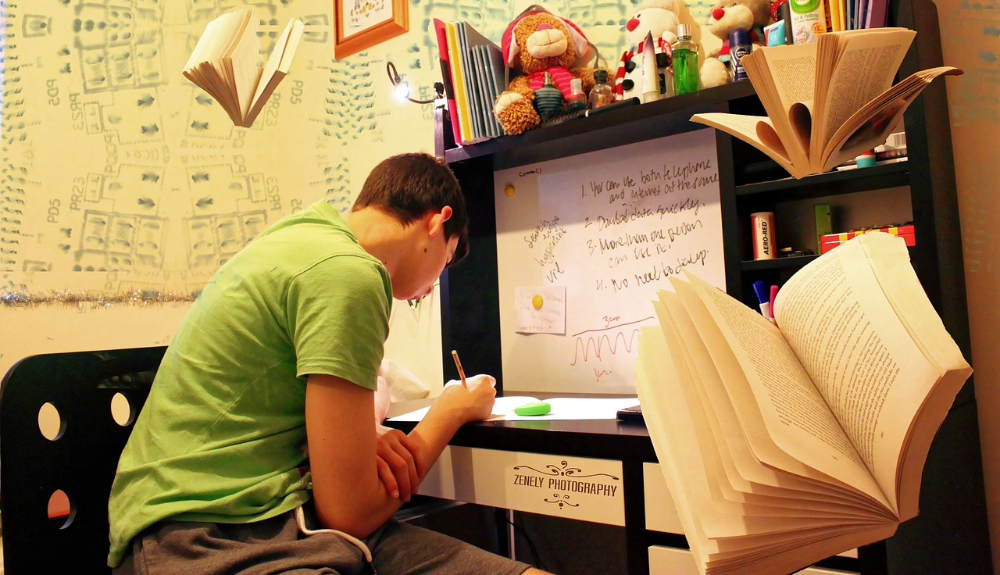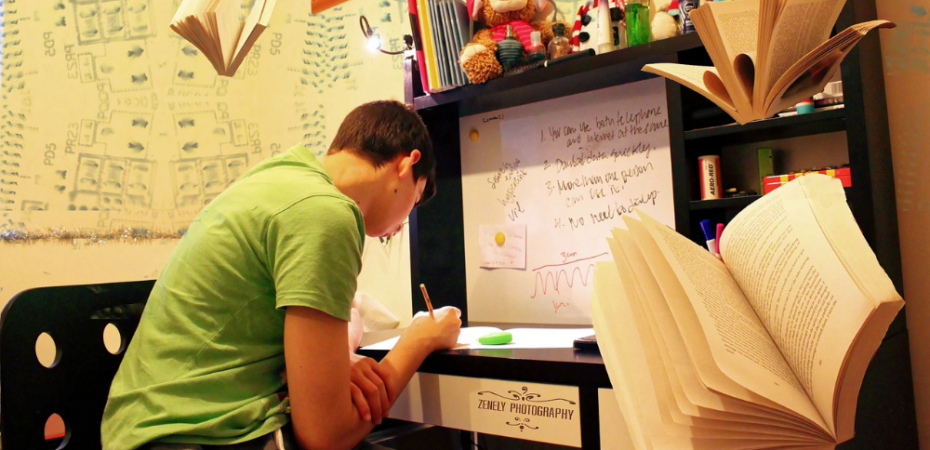
In this extra post, Dr Miki Y Sun, Learning Technology Service Manager, highlights Curriculum Transformation Program’s (CTP) focus on transforming assessment practices. She reflects on Dr Kathy Charles’ talk↗️ on innovative and meaningful assessment methods in PebblePad MiniBash 2023↗️, Birmingham.
I attended a meeting on Future Curriculum Transformation Framework↗️ at The University of Edinburgh recently, and one of the main focuses was transforming assessment practices. The proposal was to support student choice within and beyond their primary discipline, as well as to provide variety and choice around assessments. Some examples mentioned were: writing an essay, creating a short movie, playing in a gig, organizing a community game, etc.
From a learner’s aspect, I love the idea of flexible learning and a creative curriculum, and I guess most students would welcome it too. But from a teacher’s perspective, I wonder how such an assessment model could ensure equality for students learning experience? From administration point of view, how to manage the workload to assess large cohort of students?
As a Learning Technology service manager, the first thing that came to mind was the challenge the idea posed for technologies, as well as the assessment practice in general. This really bothers me. However, if we forget about technology factor for a moment, and focus on the purpose of assessment, especially if assessment is designed as part of the learning journey, with aims for feeding-forward and not just feeding back, then perhaps there are some ideas that can be explored.
It reminds me of a panel discussion in PebblePad MiniBash 2023↗️. I had not used PebblePad before but had heard a lot of positive feedback from users, so took the opportunity to visit Birmingham for a day to hear more about it and to meet some interesting people who used it in their teaching, learning and assessment practice. And I was not disappointed!
The most interesting part for me was the Provocation Panel Discussion in the afternoon, which contained four 10 minutes talks on “Making Assessment Meaningful”. I found the stories and experiences shared by Dr Kathy Charles↗️ from Nottingham Trent University interesting. She drew our attention to the ‘Starting point’ of assessment rather than the ‘End point’. She used her experience of teaching first year and third year Forensic Psychology courses at the Edinburgh Napier University to explain this concept. In the beginning of the course, she asked students to draw a map of campus on an A4 paper without telling them the purpose. Ten weeks later, right at the end, when they came to the topic, “criminal profiling” that had a geographical profiling element – i.e., how a person sees their environment, she brought in the maps the students drew earlier and asked them to compare their maps and understand the diversity of maps they drew. They loved the activity. Especially when it came to the fourth year when she taught about the topic and would use the same examples of maps to explain the concept. The students really liked it and they loved to see the change in their perspective through the map. “They never remember the essays they write, but they remember the map activity – why not use it as an assessment?”, she asked.
In addition, Kathy also shared another personal experience when she pursued an MBA in Education in Finland in 2018. She found herself among a diverse cohort in the class, and the assessments were not in a traditional manner. The exam was a group assessment – a group of students got together and received a task in the morning. They could go anywhere such as a café, or any place, to discuss and solve the problem together, and hand it in later that day. Initially, she was shocked to know that the activity was an exam, but eventually accepted that it was an amazing, a great experience of authentic assessment! She had the wonderful transformation experience that she wanted to bring back to UK HE. She ended her talk saying:
“Let’s stop measuring the End Point, let’s measure the Start Point and the journey somebody goes on, and let’s make the transformational journey more visible.”
I found the talk inspiring, not only because the novice ideas enriched students’ learning experience, which I cared for; but also, it seemed to address the challenge of assessment in the age of AI, which is a pressing matter. Taking it away, perhaps educators’ focus should not be so fixed on how to prevent AI being misused in cheating in assessments at the final point, but how it can be used to make learning journey more fun and the assessment more creative and authentic. I am open to hear ideas and discussions on it!
Here is a link to the video clips: https://resources.pebblepad.co.uk/pebblepad-minibash-2023-videos↗️
References and Resources:
- Curriculum Transformation Programme https://www.ed.ac.uk/staff/teaching-matters/curriculum-transformation-programme↗️
- PebblePad MiniBash June 2023. https://resources.pebblepad.co.uk/pebblepad-minibash-2023-videos↗️
- Dr Kathy Charles, https://uk.linkedin.com/in/drkathycharles↗️
- AI Guidance for Staff and Students: https://www.ed.ac.uk/bayes/ai-guidance-for-staff-and-students↗️
- AI Strategy in The University of Edinburgh: https://www.ed.ac.uk/c/edinburgh-ai↗️
- On Your Marks, Blog article 22nd June 2023, https://thinking.is.ed.ac.uk/melissa/2023/06/↗️ Dr Melissa Highton.
- Current advice on assessment: https://www.ed.ac.uk/information-services/learning-technology/virtual-environments/learn/instructor/assessment-feedback-instructor/types-of-assessment↗️
- Exams, human paperclips and 600 buildings – Digital learning Applications and Media↗️
Internal readers can find further details on:
- Curriculum Transformation Project↗️ (CTP)
- User Guides on Creating an Assignment in Learn Ultra Course: https://uoe.sharepoint.com/sites/Learn/SitePages/Creating-an-assessment.aspx↗️
 Miki Y Sun
Miki Y Sun
Dr Miki Y Sun joined the Digital Learning Applications and Media team in March 2022. Miki: “My role is a Learning Technology Service Manager and I am responsible for Noteable, Learning Analytics, SpeedWell, WebPA, Moodle, Turnitin, etc. I enjoy working in the team supporting the university community by ensuring the smooth running of digital learning platforms and applications and improving user experiences”.


